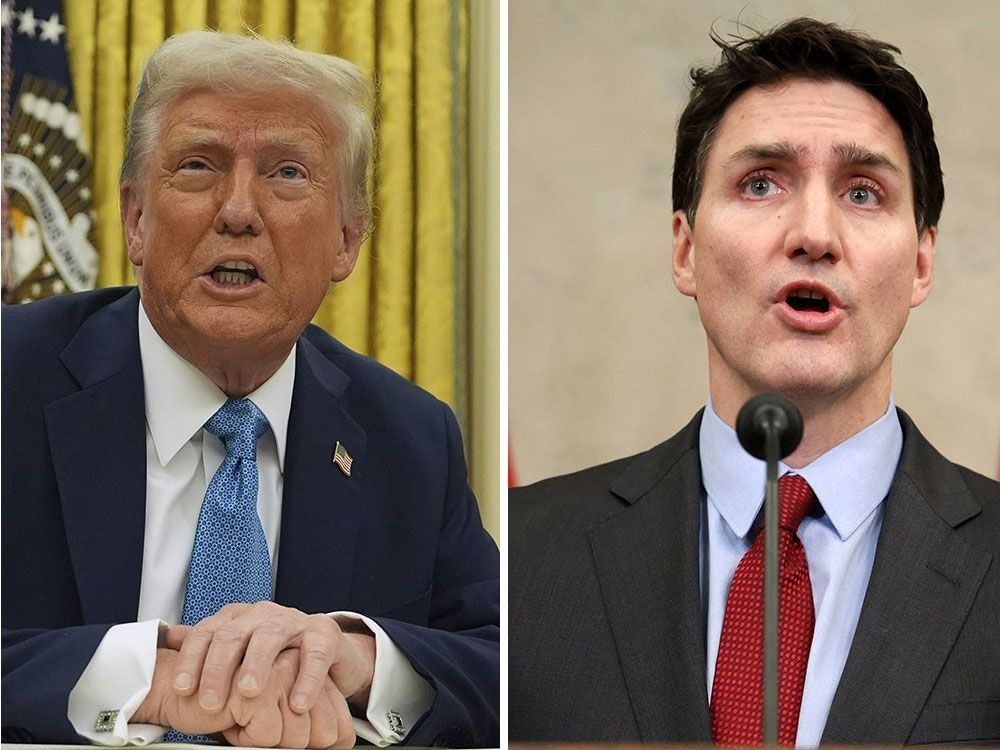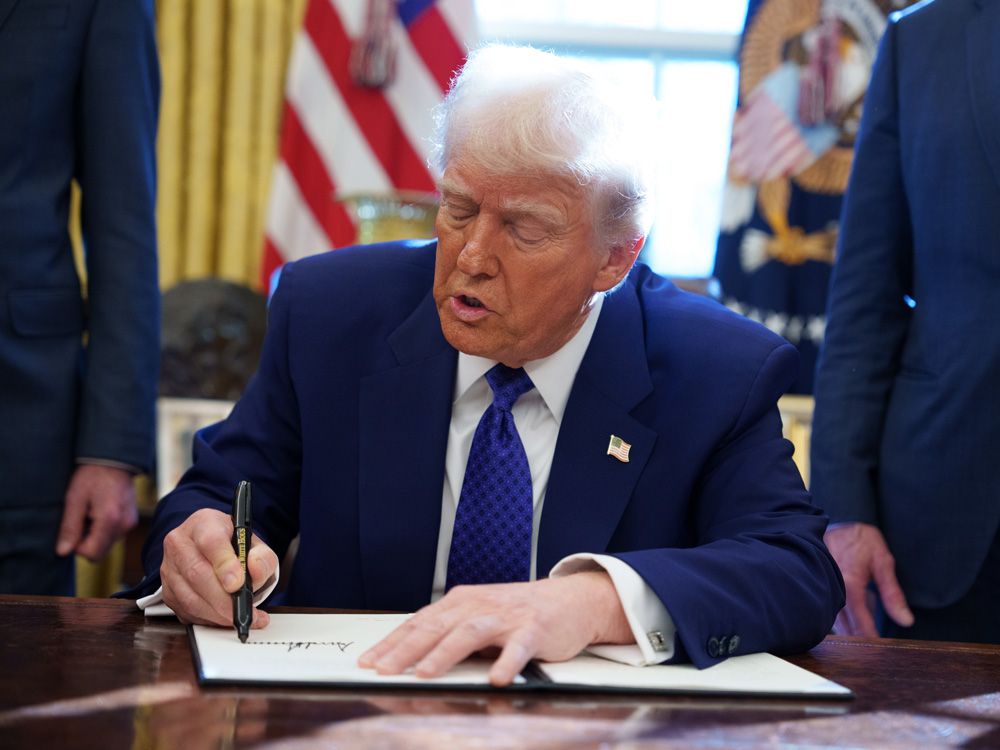The Great Rethink: Why Canada needs to return to its ‘honest broker’ role in world affairs

Article content continued
“That’s a very valid starting point,” said Eric Helleiner, a political science professor at the University of Waterloo in Ontario who wrote a history of the Bretton Woods talks. “The Canadian officials played an important role of trying to bridge the competing American and British plans.”
Canada’s negotiating team featured Louis Rasminsky, a future Bank of Canada governor, who held his own against Britain’s John Maynard Keynes, the world’s most famous economist, and Harry Dexter White, the domineering head of the U.S. delegation.
Rasminsky was talented, but he also benefited from a clear vision of how his country wanted to operate in the world. Canada had some selfish goals: its export earnings were primarily in sterling, while the bills for its imports were invoiced in U.S. dollars, so it had a lot riding on the system of fixed-exchange rates that the IMF would oversee.
But, ultimately, Canada wanted an economic order that was as open as possible, as the former British colony realized that American hegemony would be akin to swapping one master for another. Forty-four countries were involved in the talks, but Canada was one of only four that produced counter-proposals to the ones that Keynes and White put on the table.
It was an attempt to both find middle ground and indirectly influence White by swaying public opinion in the U.S., where Canada was seen as a neutral participant, rather than an antagonist.
“The Canadians got very involved in the negotiations,” Helleiner said. “They worried that Canada would be forced to choose between focusing on either the sterling bloc or the U.S. dollar area. That was not an attractive choice, since Canada had important economic ties to both.”





